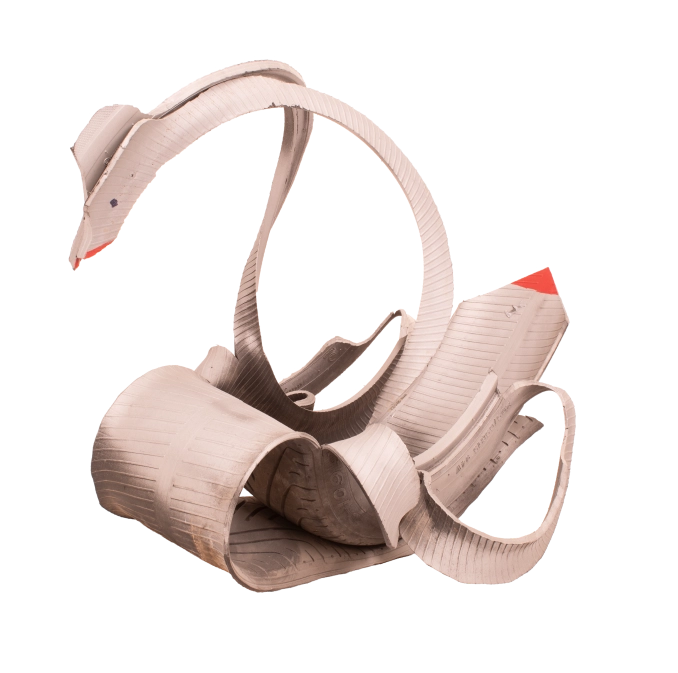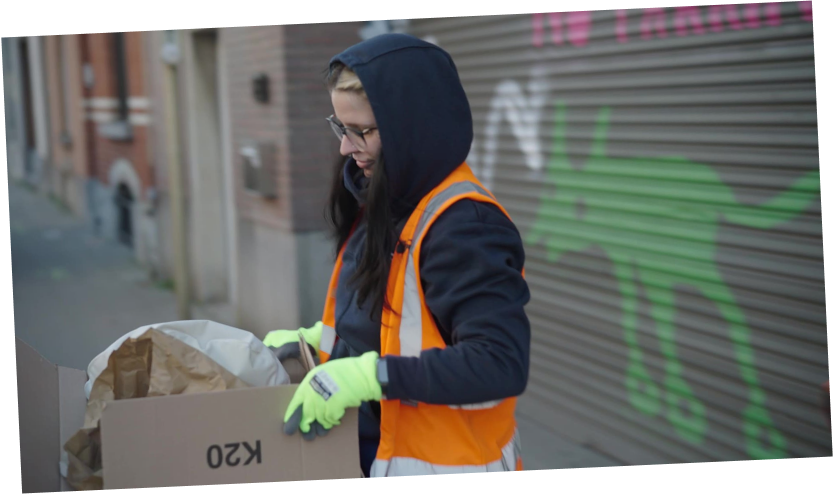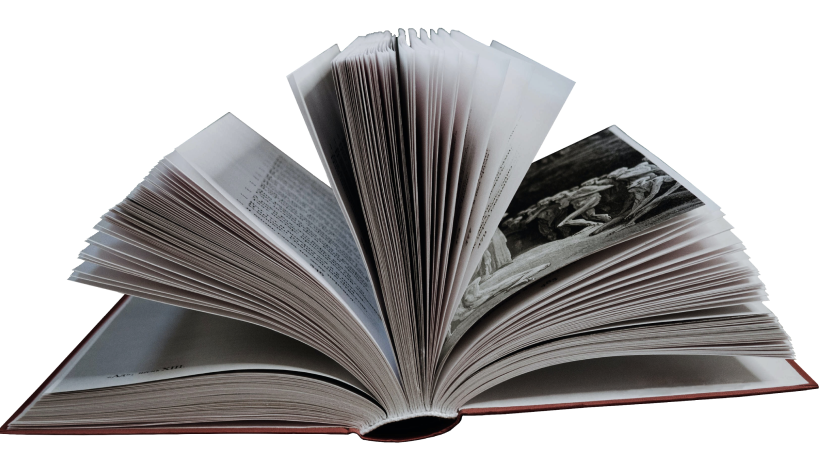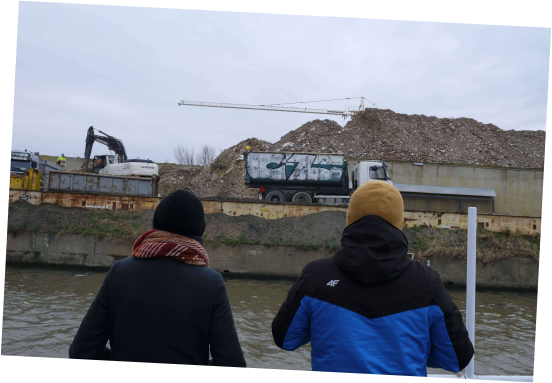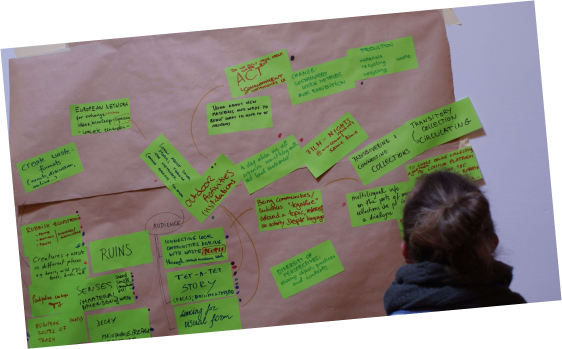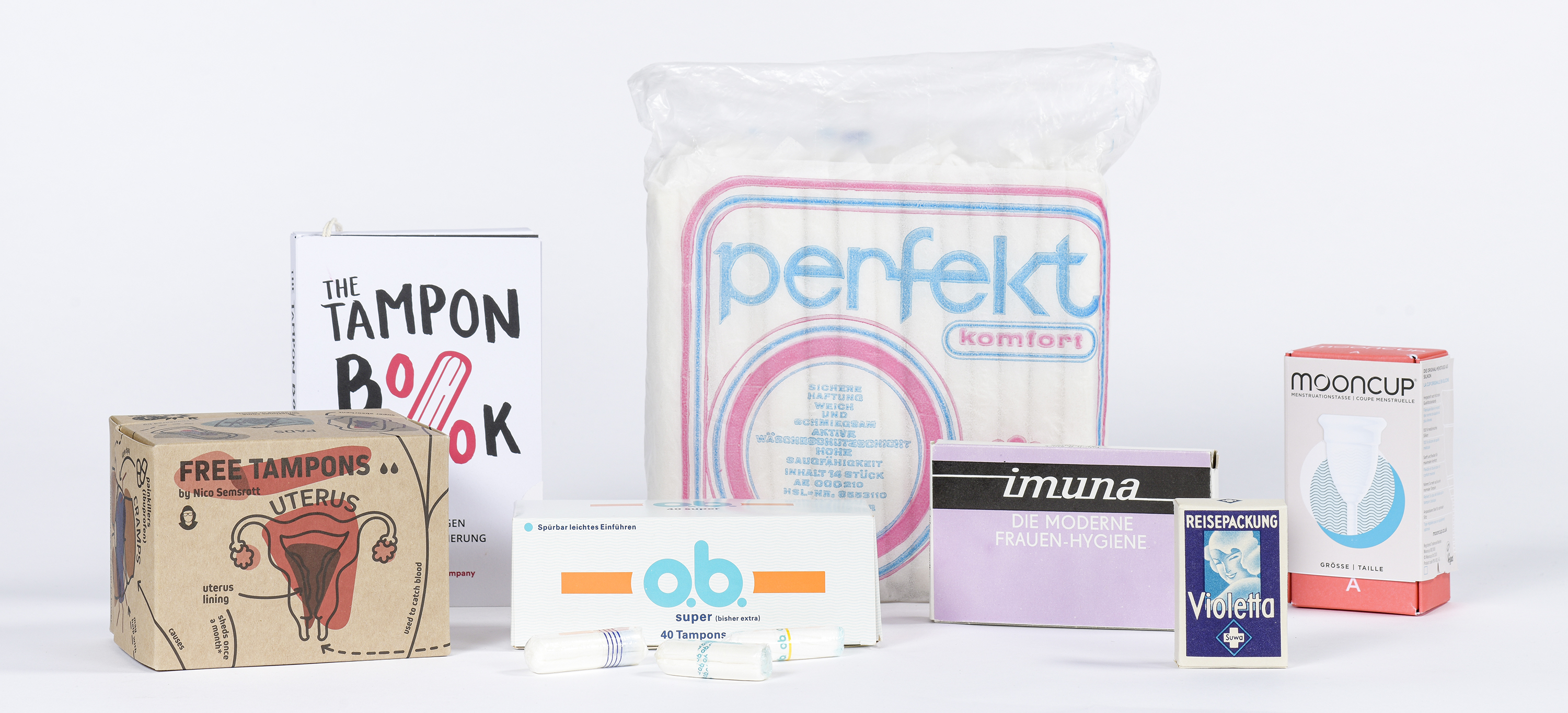Menstrual products from various decades © Museum of European Cultures – National Museums in Berlin / Christian Krug
What Exhibition
How In person
Where Berlin, Germany
When
2023/10/06
to
2024/10/06
Organizer Museum of European Cultures – National Museums in Berlin
Audience All
Language English German
Some 2 billion people in the world menstruate. An additional 1.5 billion have had or will have their periods. Nevertheless, menstruation is considered a taboo topic.
Many of the physical processes related to menstruation have only been rudimentarily researched. Individual physicians, activists and entrepreneurs have been attempting to counteract this situation for decades. Menstruation has been part of the public discussion for about 10 years now. Women publish period manifestos, campaign against period poverty, inadequate care and information, develop new menstrual products, and post their experiences under hashtags such as #periodpositivity and #menstruationmatters.
The exhibition presents a history of pragmatism and utopias, of inventiveness and activism. It brings together historical and brand new menstrual products, unfurls the discourse and debates over the last decades through objects, interviews, music, film and art, and provides space for the voices of menstruators.
A special exhibition of the Museum Europäischer Kulturen (Museum of European Cultures) – Staatliche Museen zu Berlin, one of the "Throwaway. The History of a Modern Crisis" project partners.
 158
158



